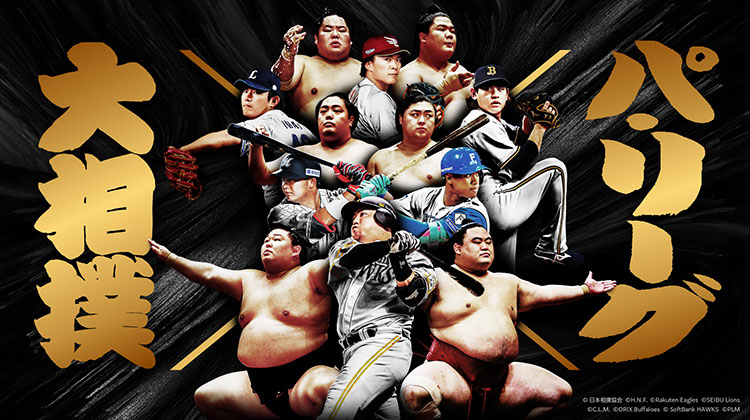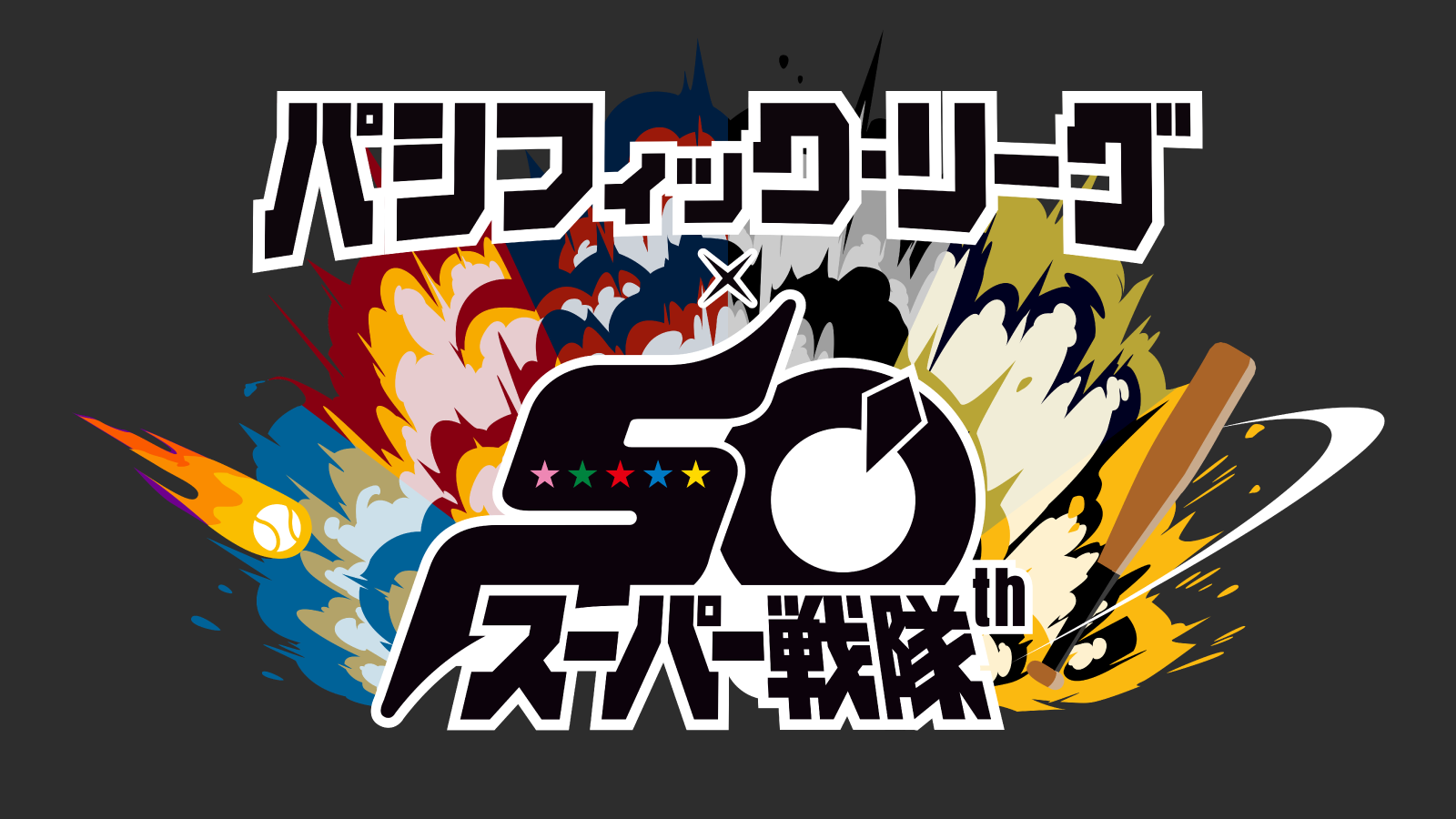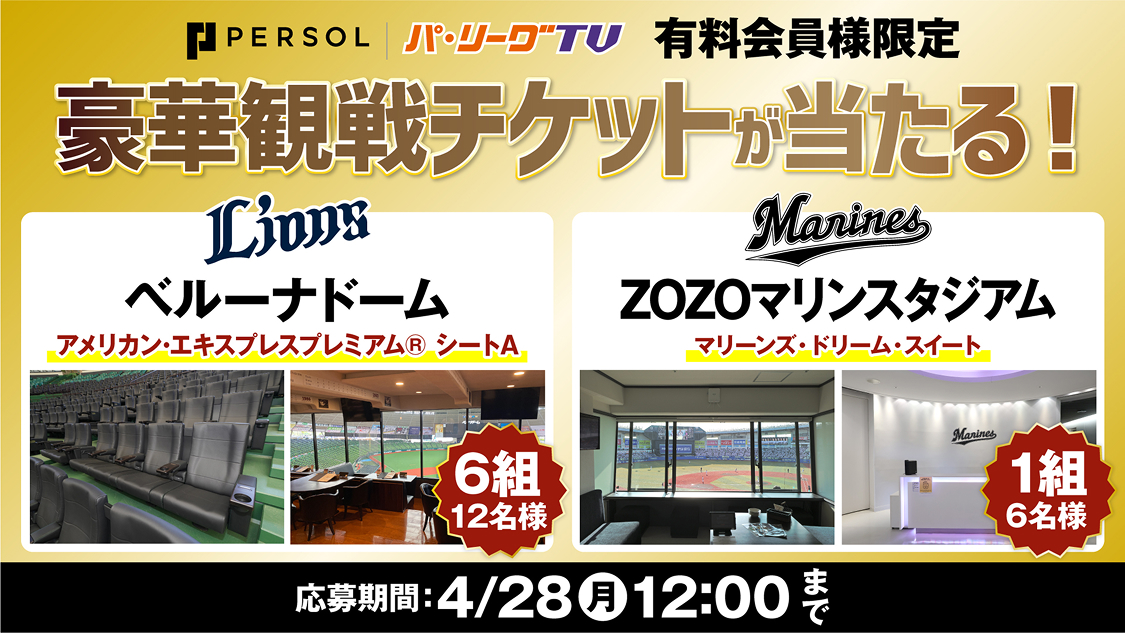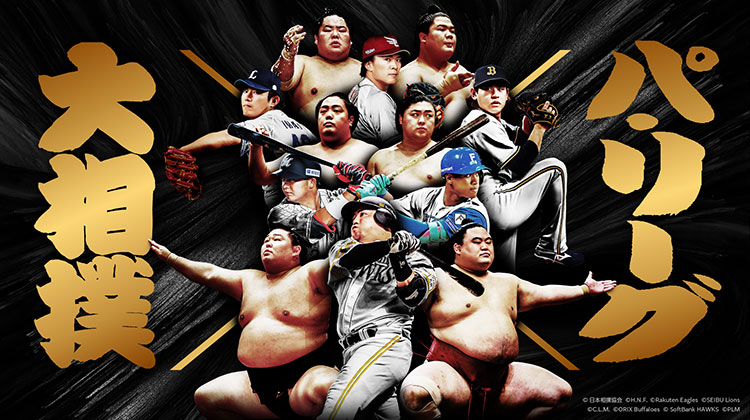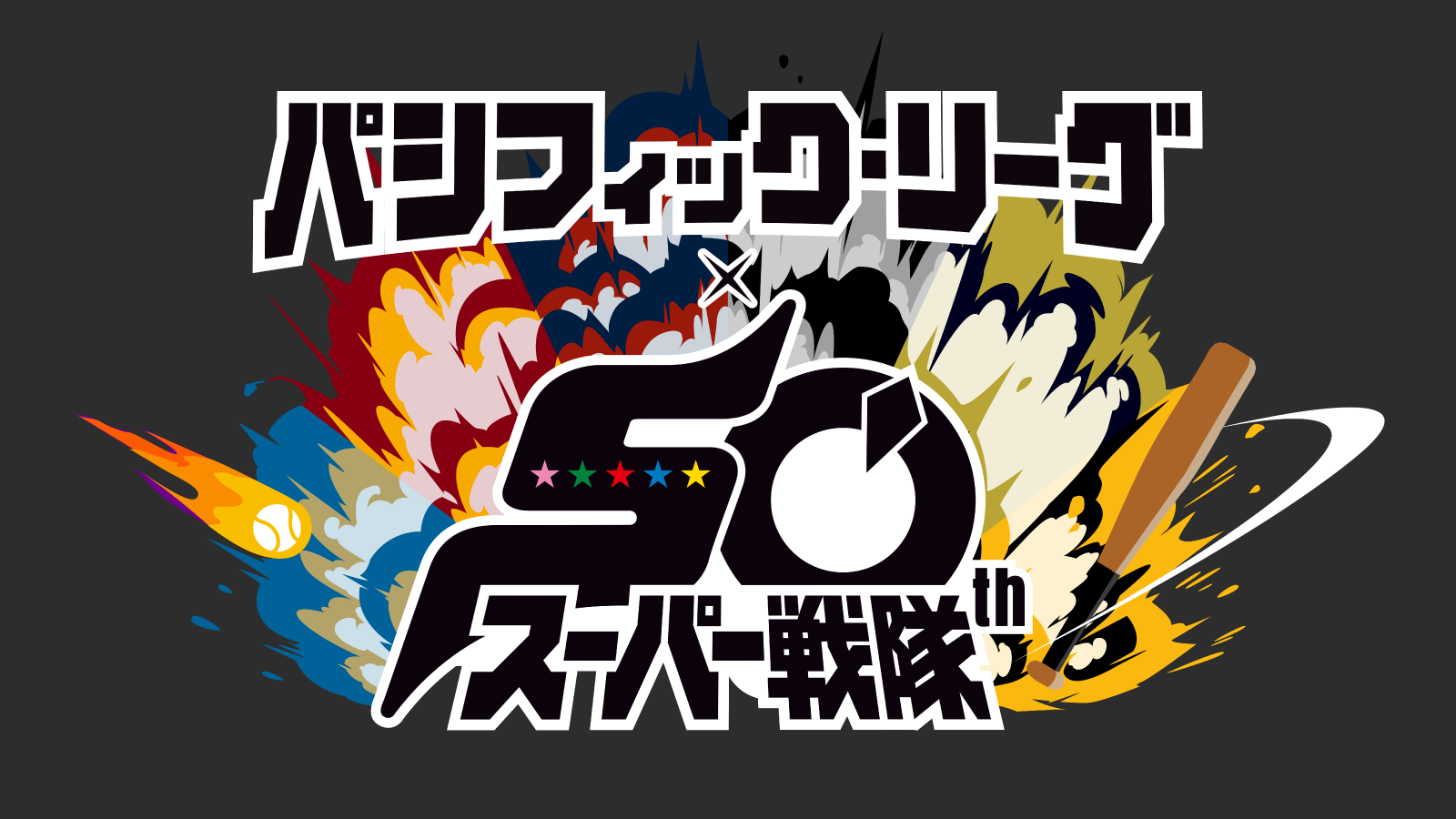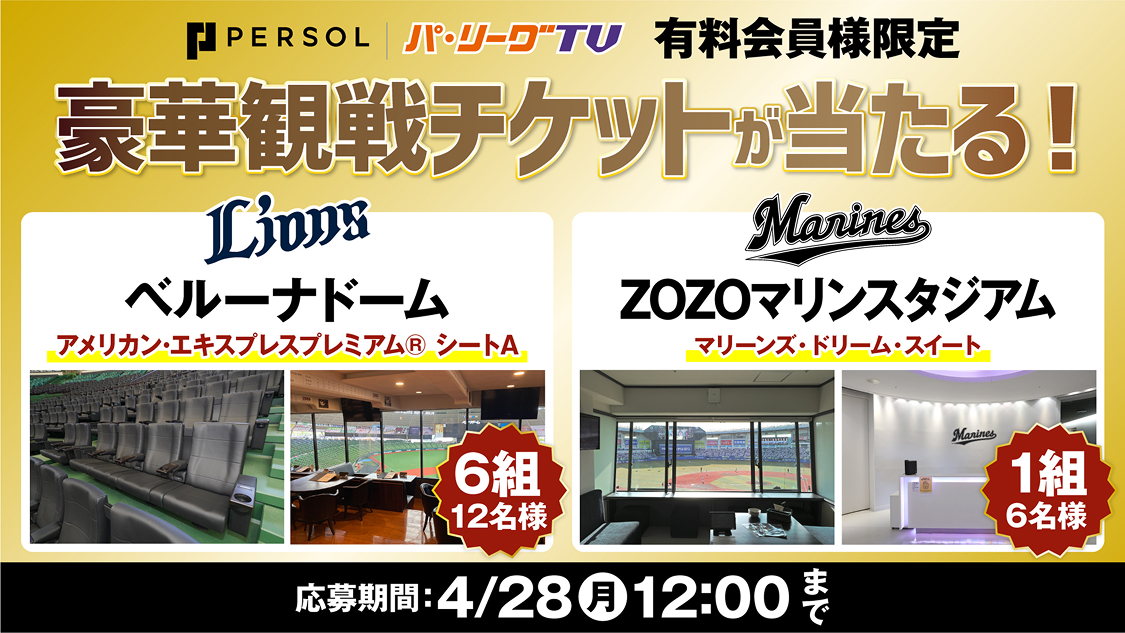It is still fresh in our memory that during the first round of the WBC against the Czech Republic in 2023, there was an exchange between players from the Czech national team and Samurai Japan. Did you know that this exchange both during and outside the game led to the launch of the "The Marines-Czech Baseball Bridge Program supported by Panasonic Air Quality and Conditioning" at Chiba Lotte Marines, which connects Japanese baseball and Czech baseball?
The program was started by Akira Matsumoto, a member of The Marines' Corporate Sales Department, who was watching the game on TV. "I don't want this small international exchange between players to become a big topic, but I don't want it to be just a passing fad. I wonder if I can turn this connection with the Czech Republic into a mid- to long-term exchange initiative," thought Matsumoto, who visited the Czech center fielder Tokyo at the Czech Embassy on the Monday following the game to inquire about collaboration. After several discussions between the relevant parties from both Japan and the Czech Republic, a cultural exchange program based on the promotion of baseball in the Czech Republic and sports was launched. The name "BRIDGE" was chosen with the hope that the bond formed through baseball would become a bridge across the sea. The name was also a reference to the medieval Charles Bridge, a symbol of the Czech capital, Prague.
![Akira Matsumoto (left), Chiba Lotte Marines Lights Event Sales Group / John Hussey (right), pitcher coach for the Czech Republic national team [Photo by author]](https://media.insight.pacificleague.com/hwZ2SdXbLmWDfaOig7hWSBkTSwSwum9VpdDBfx0q.jpg)
As part of the program, various events were held last year, such as "Czech Baseball Day" and a Czech national team player throwing the ceremonial first pitch, but the biggest initiative was the "coaching internship." This season marks the second year of the program, and John Hussey, pitcher coach for the Czech Republic national team, participated in an internship at the spring training camp for the Czech Republic's second team.
This time, we asked Hasse about his role as a leader.
Volunteering to participate in a coaching internship
Hasse, who will serve as pitcher coach for the Czech national team from 2022, said he volunteered to take part in the program.
"Last year, the first year the program was introduced, Alex Dahak, the batting coach for the Czech national team, participated. He coaches at the same club team as me, so after returning home he enthusiastically told me how beneficial his experience in Japan had been. So I immediately told the Czech national team manager that I wanted to go next. I was very happy when it was decided that I would participate."
Hussey has been exposed to baseball culture in many countries, including Australia, the United States, and the Czech Republic. After hearing his colleague's stories, he expressed his desire to experience Japanese baseball culture for himself, which was conveyed to the national team manager, and he was accepted.
Two things I value as a coach
![[Photographed by author]](https://media.insight.pacificleague.com/QJK9W2Uo6BqaaS54MZ7KRZVbJaakKylhGamBGaSM.jpg)
Hussey, who was born and raised in Australia, decided to move to the Czech Republic, a country with which he had no ties, because he wanted to "travel the world through baseball."
"When I was 17, I signed with the San Diego Padres and played in Australia from 2012. After that, I thought to myself, 'I'd like to travel a bit around the world with baseball,' and decided to play baseball in Europe. My initial goal was to play one year in the Czech Republic, one year in France, and one year in Germany, but I met my current wife in the Czech Republic, and I've been involved in baseball in the Czech Republic ever since."
In the end, his plan to travel while playing baseball didn't come to fruition, but Hussey proudly stated, "Right now, I believe that coaching the Czech national team is the path I want to take." The reason he was able to think this way was because of his experience supporting the training of a young Czech pitcher leading up to signing a professional contract.
"As a club team coach, I had the opportunity to support two young pitcher in the process of signing professional contracts in the United States. Through this experience, I began to feel that coaching was more fulfilling than playing. It was around that time that I was given the opportunity to become coach of the Czech Republic national team, so I accepted the offer."
"Looking back, I feel like I made the best decision," said Hussey, looking back on that time with a satisfied look on his face. With this offer, he began his career as a national team coach, and has gained experience in many countries, including Australia and the Czech Republic. He says that there are two things he values when coaching players.
"First of all, it's important to have a wide range of knowledge. Each person's body movements and throwing style are different, and there are many different training methods, so when a player asks me, 'Why do you need to do that training?' I need to be able to give a clear answer. I think it's important to have a wide range of knowledge about coaching, pitching, and more, so that I can accurately help players move in the right direction."
Hussey continued, "Building good relationships with players and coaches." Building a level relationship between players and coaches enables two-way communication, which leads to improved performance for the players. "I feel that this has been achieved at The Marines. Tomo (Oka Tomokazu, second-team pitcher coach), Taka (Otonari Kenji, second-team pitcher coach), and Masa (Minami Masateru, development pitcher coach and second-team pitcher coach) have built good relationships with each other, which I think creates an environment where the players feel comfortable and can ask anything," he said, praising the Chiba Lotte coaches.
It is important to accept things without rejecting them
![[Photographed by author]](https://media.insight.pacificleague.com/JU2gxOzkq2dtnH8NbWIjFzNT8YKDDqqDFmSuGDSu.jpg)
From a coach's perspective, how does baseball world today view the increasing number of cutting-edge training methods, with the use of data becoming increasingly important around the world?
"It's very important to have an open attitude and accept a variety of new ideas, including biomechanics," Hussey said, adding, "However, you also need the ability to judge that something is wrong."
"I think that in the future, there will be an increasing variety of training methods, so first of all, I think it is necessary for us coaches to acquire all kinds of knowledge and judgment," he said, explaining that in order to determine what is effective for each player, it is important for coaches to have more knowledge than the players, and they also need the ability to choose what to use and what to discard.
Finally, we asked them about their expectations for the future of this program that connects the Czech Republic and Japan.
"This program has brought me to Japan, but I hope that The Marines coaches will also come to the Czech Republic. Just as I learned a lot during my time in Japan, I feel that if The Marines coaches go to the Czech Republic and spend time with Czech coaches and players, it will be something a little different and beneficial from this time. I believe that it will definitely be mutually beneficial, and will be the next step in international exchange."
Interview by Takagi Takashi and Takebayashi Shintaro
Text by Mayuko Goto

![John Hussey, pitcher coach for the Czech Republic national team [Photo by author]](https://media.insight.pacificleague.com/BILZB9wbLvHeES1vWLWkF3LXdYEGxKHYGwOmIUo6.jpg)





